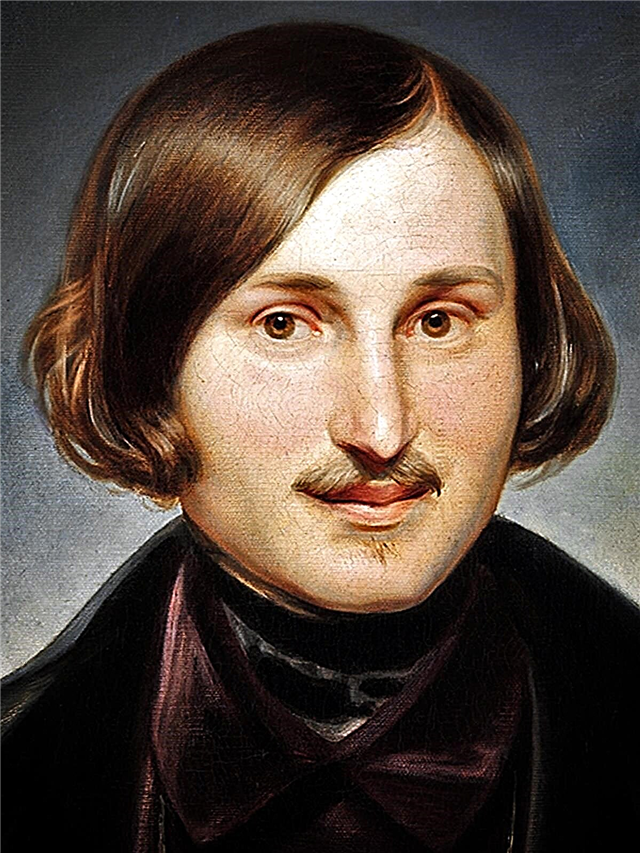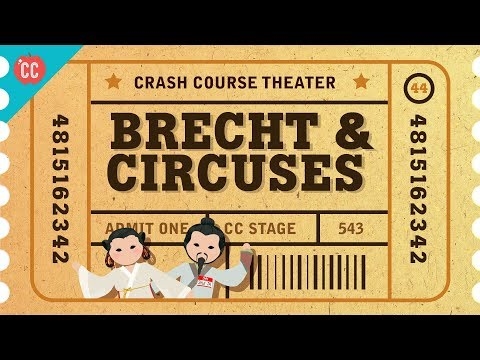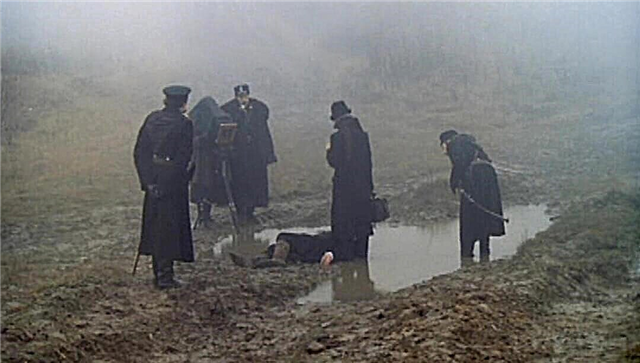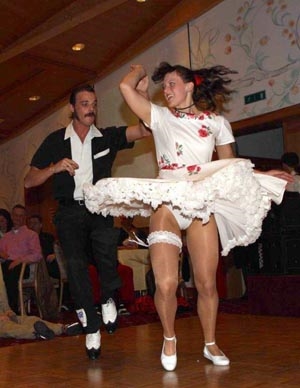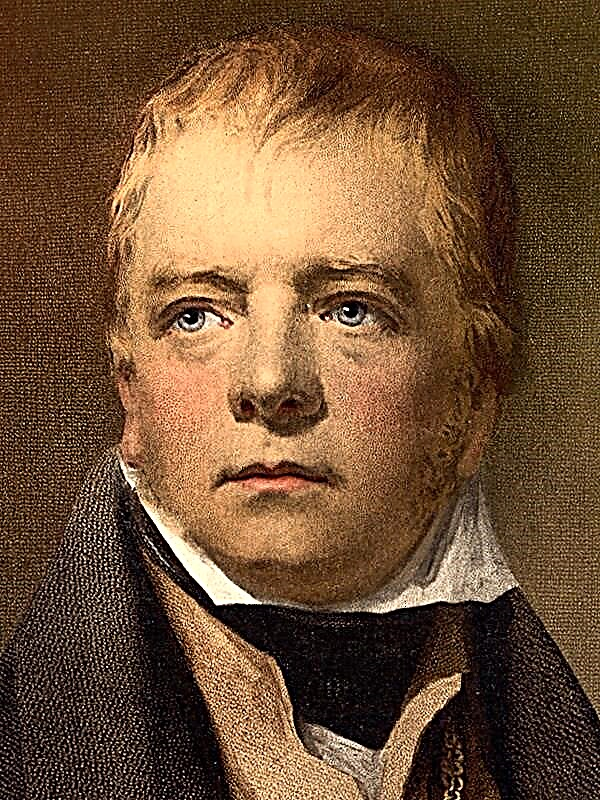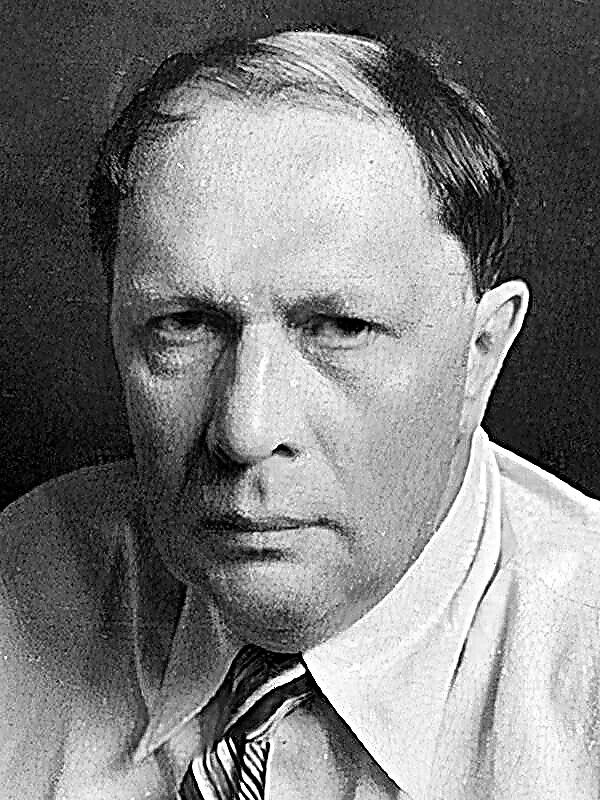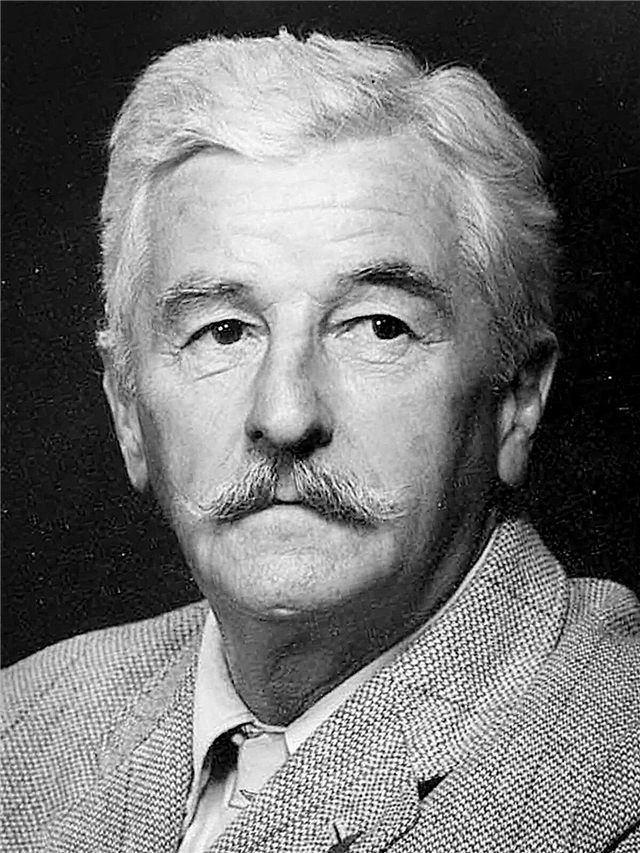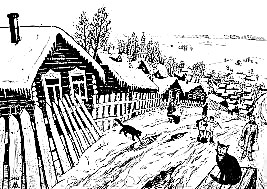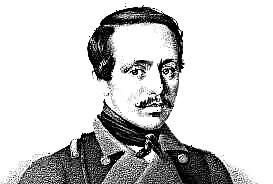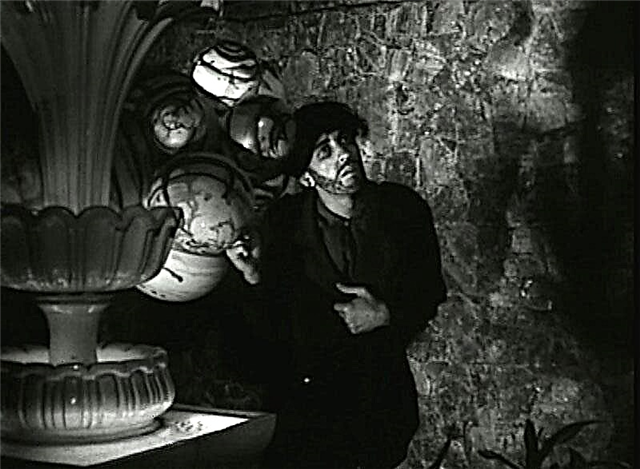(318 words) The turn of the 19th and 20th centuries is a period when Russia was on the verge of tremendous changes and upheavals: revolution, the First World War, a scientific and technological leap: all this, undoubtedly, influenced the work of poets of that time. The lyrics take fresh forms, new trends, avant-garde movements are formed. Of course, eternal themes such as love, life and death, nature, friendship, a person’s place in the world are invariably touched by the authors, but the style of their poetry is changing.
During this period, four basic literary movements arose in which the work of the poets of the Silver Age developed: symbolism, acmeism, futurism, and imagism. Let's take a closer look at the poetry of their main representatives.
Symbolist poets perceived the world around them as a kind of ephemeral image that does not have unambiguous, objective properties. Here, the word-symbol is the main element of the reflection of reality, which in its paradox did not have concrete forms. In addition, if we talk about the general mood, which prevails in symbolism, it is often doom, presented as an aesthetic of pessimism. The main representatives of this trend in Russia are Konstantin Balmont, Zinaida Gippius, Valery Bryusov, Fedor Sologub, Dmitry Merezhkovsky - “senior” symbolists; Alexander Blok, Vyacheslav Ivanov, Andrey Bely - “younger symbolists”.
Radically opposite ideas were embodied in acmeism: the world is material, the images are accurate and understandable. Poets sought to show the beauty of things, phenomena, the human soul in simple words and images. Their poems are not piled up with the pictorial means of language. Acmeists include Nikolai Gumilyov, Anna Akhmatova, Osip Mandelstam, Sergey Gorodetsky.
Futurism, which embodies the rebellious spirit, has become a distinctive phenomenon in poetry. Poets of this direction denied the old norms, traditions, foundations, they broke the usual rules of versification, experimented with rhyme and rhythm, actively used occasionalisms. The futurists were Igor Severyanin, Velimir Khlebnikov, Vladimir Mayakovsky, Alexei Kruchenykh.
The main means of expression in the poetry of imaginists is a metaphor, and the goal is to create vivid and catchy images, scandalous motifs. Imagist poets include Anatoly Mariengof, Sergei Yesenin, Vadim Shershenevich.
However, there were poets of the Silver Age, whose work developed outside of literary movements and associations, for example, Marina Tsvetaeva, Boris Pasternak, Ivan Bunin, Maximilian Voloshin.
We can say that the poetry of the Silver Age was marked by a paradigm shift, which became a certain basis for the development of a completely new idea of versification and perception of the world.

